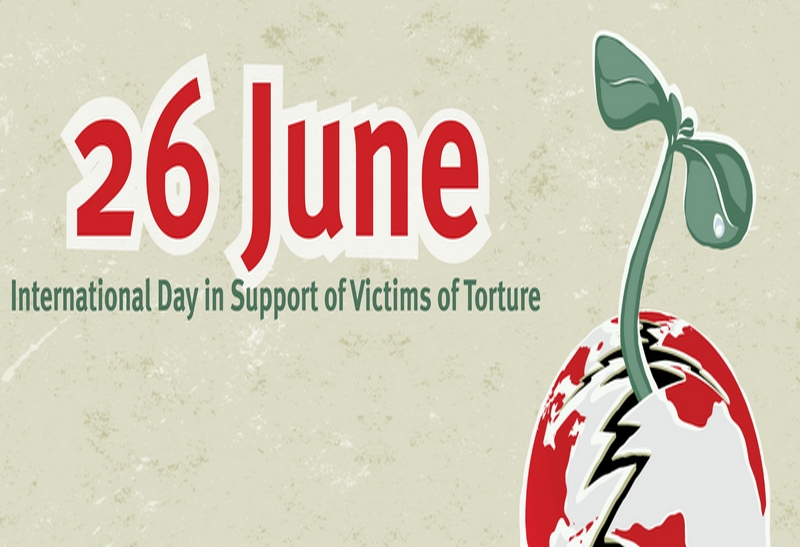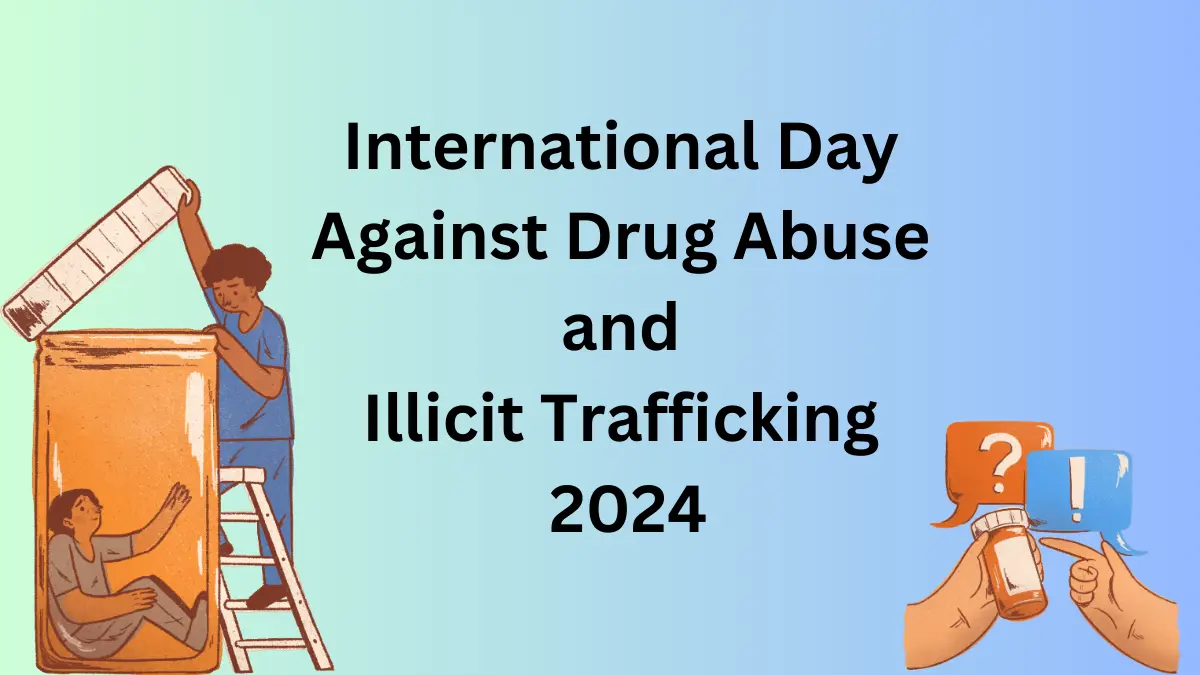Observed annually on June 26th, the International Day in Support of Victims of Torture is a solemn reminder of the ongoing struggle against inhumane practices and a call to support those who have endured unimaginable suffering. Established by the United Nations General Assembly in 1997, this day aims to promote the eradication of torture and support victims’ rights to justice, rehabilitation, and reparation.
The Significance of June 26th:
The date, June 26th, was chosen to commemorate the adoption of the United Nations Convention against Torture and Other Cruel, Inhuman or Degrading Treatment or Punishment, which came into effect in 1987. This convention is a critical instrument in the global fight against torture, obligating signatory states to prevent torture, prosecute perpetrators, and provide support to victims.
Understanding Torture:
Torture is defined as the intentional infliction of severe pain or suffering, whether physical or mental, for purposes such as obtaining information, punishment, intimidation, or discrimination. It is a grave violation of human rights and human dignity, prohibited under international law. Despite this, torture remains prevalent in many parts of the world, often shrouded in secrecy and impunity.
The Impact of Torture:
Torture has devastating effects on individuals, families, and communities. Victims of torture suffer from physical injuries, psychological trauma, and social stigma, often requiring long-term medical and psychological care. The impact extends beyond the individual, eroding trust in institutions and perpetuating cycles of violence and fear.
Supporting Victims of Torture:
The International Day in Support of Victims of Torture emphasizes the need for comprehensive support systems for survivors. This includes:
- Medical and Psychological Care: Providing specialized healthcare services to address the physical and mental health needs of torture survivors. This includes trauma counseling, psychiatric care, and rehabilitation services.
- Legal Assistance: Ensuring that victims have access to legal support to seek justice and hold perpetrators accountable. This involves advocating for victims’ rights, providing legal representation, and supporting efforts to prosecute those responsible for torture.
- Social and Economic Support: Helping survivors reintegrate into society through social services, vocational training, and employment opportunities. Addressing the socio-economic needs of survivors is crucial for their long-term recovery and well-being.
Global Efforts and Advocacy:
International Day in Support of Victims of Torture is marked by various activities aimed at raising awareness and advocating for change:
- Public Awareness Campaigns: Governments, NGOs, and human rights organizations use this day to educate the public about the realities of torture, its consequences, and the importance of supporting survivors. Campaigns often include public statements, media outreach, and educational events.
- Solidarity Events: Vigils, marches, and other public demonstrations are held to show solidarity with victims of torture. These events provide a platform for survivors to share their stories and for communities to express their commitment to ending torture.
- Policy Advocacy: Human rights advocates use this day to urge governments to adhere to international treaties, improve legislation, and implement effective measures to prevent torture and support survivors. Advocacy efforts focus on ensuring accountability, transparency, and justice.
- International Cooperation: The global nature of torture requires international collaboration. Governments, international organizations, and civil society groups work together to share best practices, provide technical assistance, and support victims across borders.
The International Day in Support of Victims of Torture is a poignant reminder of the resilience of the human spirit and the global commitment to justice and human dignity. It calls on all of us to stand with survivors, advocate for their rights, and work towards a world where torture is eradicated. By raising awareness, supporting victims, and holding perpetrators accountable, we can honor the courage of those who have endured torture and ensure that such atrocities are never repeated.








